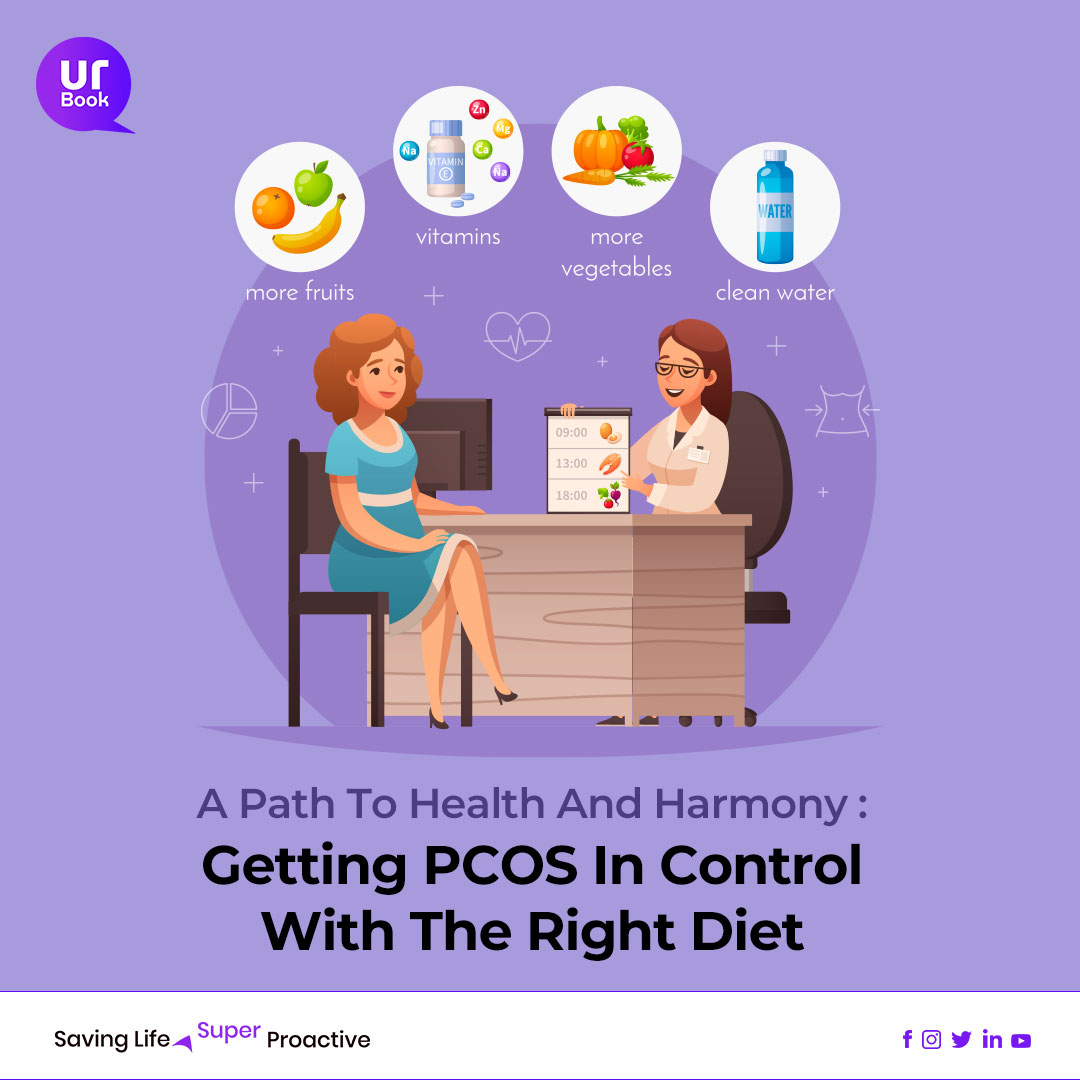
PCOS, or polycystic ovary syndrome, affects approximately 4-20% of women worldwide. It is one of the most common hormonal disorders among women of reproductive age. While there is no cure for it, you can regain control of your health with a PCOS diet.
And that’s what we dive into: how powerful nutrition and the right food can be in managing this condition.
The PCOS puzzle: understanding the complexity
PCOS is a multifactorial condition, meaning a lot of various pieces come together to cause it. Think of it like a puzzle with a lot of intricate pieces like hormonal imbalances, fertility issues, insulin resistance, ovarian cysts, chronic inflammation, metabolism, irregular periods, weight gain, and high androgen levels that combine to make a bigger picture: PCOS.
Because the condition has such a range of symptoms, it also raises the risk of developing other health problems like heart disease and diabetes. Fortunately, you have the power to manage these puzzle pieces and control PCOS through lifestyle modifications like:
- A well-balanced diet
- Stress reduction
- Exercise
How to control PCOS with diet? Follow these 3 steps.
Diet plays a crucial role in managing PCOS symptoms. There’s no silver bullet (or rather, magic food) that treats it, but the right diet can make a world of a difference. When you make the correct food choices, you:
- Regulate insulin and blood sugar levels
- Reduce inflammation
- Maintain a healthy weight
- Improve hormonal balance
Combined, all of this helps manage polycystic ovary syndrome and reduce the risk of long-term complications.
1. The anti-inflammatory warriors
Inflammation is a key symptom of PCOS. It’s like a wildfire that can exacerbate the condition, making living a healthy life more challenging. That’s where the right PCOS diet chart comes into play. It can help calm the flames.
The diet to control PCOS-related inflammation
Load up on colourful fruits and vegetables like berries, leafy greens, and tomatoes. These beauties are packed with antioxidants and phytonutrients that fight inflammation and support overall health.
And don’t forget the power of omega-3 fatty acids found in fatty fish, flaxseeds, and chia seeds. They’re like the superheroes of the anti-inflammatory world! What you need to avoid to not aggravate PCOS symptoms is:
- Anything fried
- Red and processed meat
- Food made with refined flour, like pasta and pizza
- High-sugar cereal – this includes granola
- Cookies, cakes, and other processed snacks
- Drinks brimming with sugar—think sodas
2. Taming the insulin monster
Insulin resistance is the infamous villain in the PCOS world. By rough estimates, 50 to 75% of people who have PCOS have insulin resistance. Here’s how the two are connected:
Step 1: You eat a sugary treat.
Step 2: Your blood sugar levels skyrocket.
Step 3: Your body responds by producing excessive amounts of insulin, leading to a rollercoaster ride of highs and lows.
Step 4: These insulin spikes and crashes wreak havoc on your hormones, making polycystic ovary syndrome worse.
The good news?
A PCOS diet can help tame this insulin monster!
To keep insulin levels in check, you need to eat foods that release sugar slowly into the bloodstream. Which foods keep blood sugar stable? Those with a lesser number of carbohydrates in them, i.e., foods that have a low glycaemic index (GI), like
- Non-Starchy Vegetables
- Whole Grains
- Legumes
- Nuts
While not every person who has PCOS grapples with insulin resistance and the risk of developing diabetes, those who do need to keep their weight in check. That brings us to the final step in managing PCOS – regular exercise and a personalised diet plan.
3. Weighty matters: shedding the extra pounds
Weight gain and PCOS are like the double helix of DNA. Twisted together tightly, which is why losing even a few kilos can significantly improve your symptoms and restore balance to your body.
And you guessed it—the right diet plays a vital role here too.
So, how do you treat weight gain and PCOS with diet?
- Focus on a balanced eating plan that includes lean proteins, healthy fats, and complex carbohydrates.
- Don’t fear fats! Opt for sources like avocados, nuts, and olive oil.
- And remember, portion control is key. Aim for smaller, frequent meals throughout the day to keep your metabolism fired up and your energy levels stable.
The QurBook advantage: personalised PCOS diet guidance at your fingertips
Like the condition itself, managing PCOS requires a multifaceted approach. A well-balanced diet is a fundamental aspect of this journey, but it’s not the only one. You also need to be physically active, regularly and consistently.
An accountability partner can be a game-changer here.
Use an app that not only helps you find the answer to “For PCOS, what is the best diet?” but also tailors that diet to you. Moreover, it helps you with therapy, lab work, an exercise routine, and tracking your vitals.
Remember, the journey to managing PCOS will have its ups and downs, but with support, you’ll never be alone.
Disclaimer: A certified dietitian is the most qualified professional to help you find a PCOS diet. The information in this blog post is for educational purposes only and does not replace professional medical advice.

